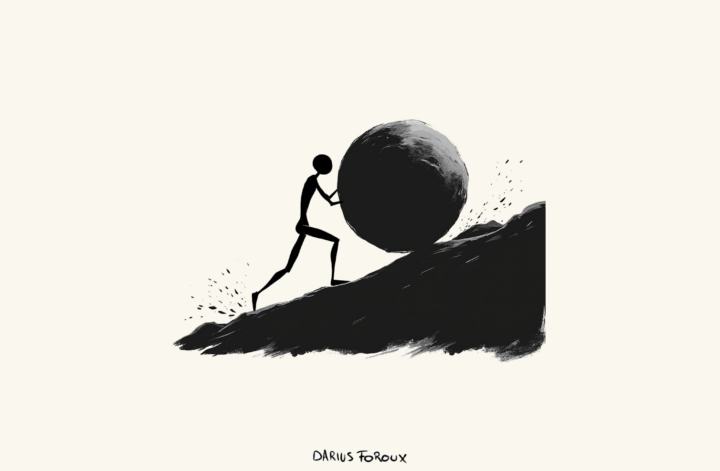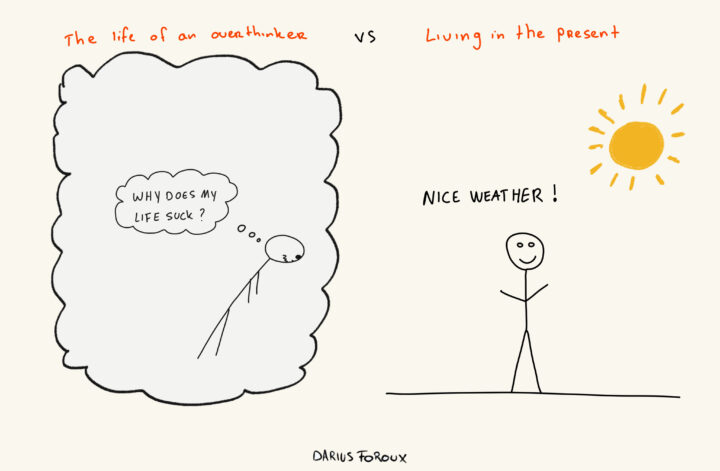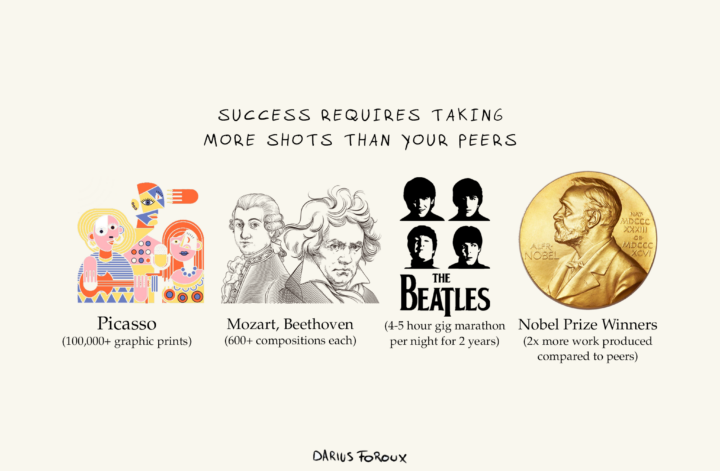I was working out with my childhood friend in my office gym yesterday.
My friend has been working for the same company for nearly 15 years, but now he’s ready to start his own business.
So he’s been spending a lot of time on social media and YouTube to learn more. As we were working out, he said something like, “Man, all this online content is just stuff everyone already knows. They talk about the same things over and over again.”
And yet, the content that consists of rehashed ideas that everyone knows is racking up millions of views.
Why is that?
Let’s break it down.




